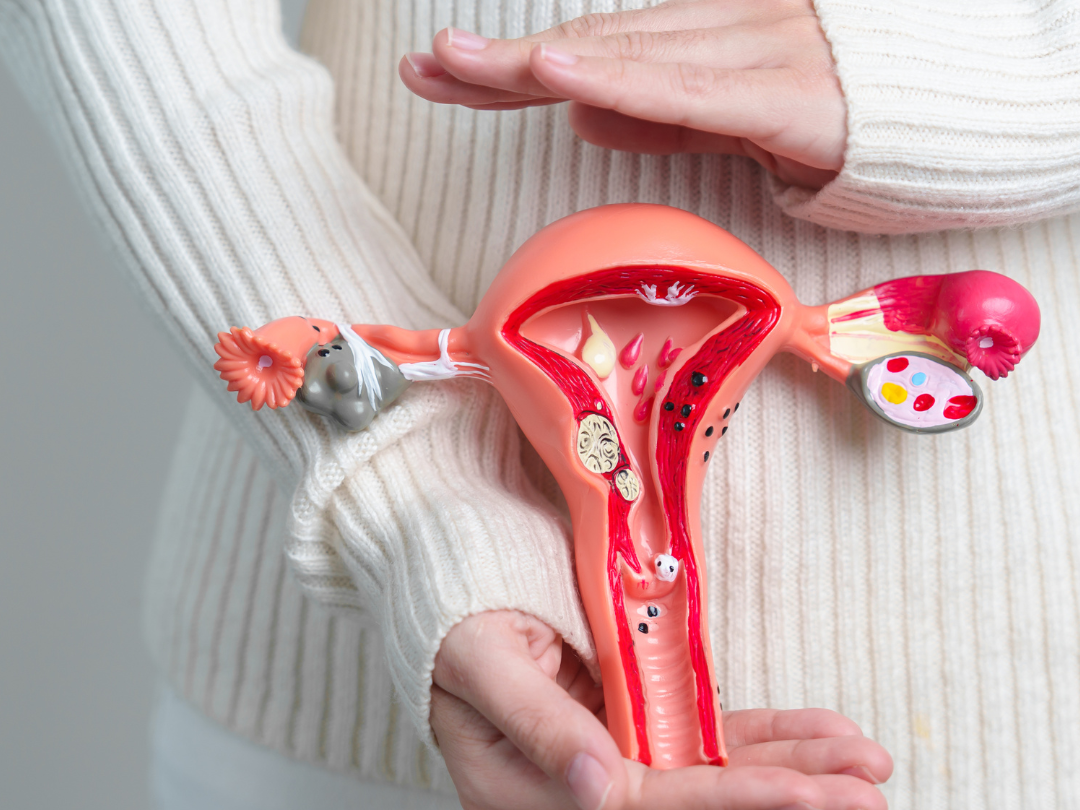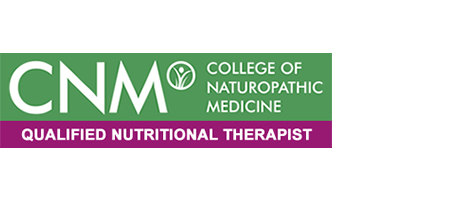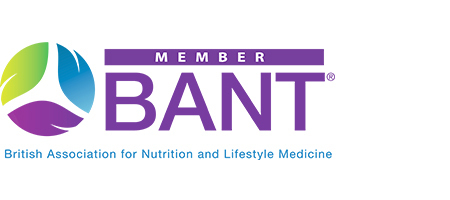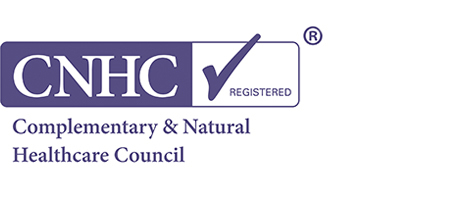Endometriosis and Gut Health: How Stool Testing and Nutrigenomics Can Transform Your Symptoms

posted 2nd September 2025

“Learn to live with pain.”
That’s what countless women with endometriosis are told after years of suffering, despite undergoing surgery, medication, or hormonal treatment.
But what if there was another way?
This is the story of one of my clients, who lived with endometriosis for more than 25 years and underwent four separate surgeries. Despite doing everything recommended by her doctors, her symptoms persisted.
It was only when she addressed the root causes — through functional medicine, gut health testing, and nutrigenomics — that her health began to transform.
Within just two weeks of starting her personalised 3-month programme, she felt better. Today, she is pain-free most of the time, enjoys better digestion, and has a healthier relationship with food.
Her story is not unique — but it highlights a crucial truth: endometriosis is not just a gynaecological condition. It is a whole-body, inflammatory, immune and metabolic condition that requires a root-cause approach.
Endometriosis: More Than Pelvic Pain
Endometriosis affects 1 in 10 women of reproductive age worldwide (Zondervan et al., 2020). It occurs when endometrial-like tissue grows outside the uterus, often causing chronic pelvic pain, fatigue, heavy periods, digestive issues, and infertility.
Conventional treatment typically focuses on:
- Pain management (NSAIDs, opioids)
- Hormonal therapy (contraceptives, GnRH agonists)
- Surgery (laparoscopy to remove lesions)
While these interventions may help in the short term, many women relapse — and are told to “learn to live with it.”
But the reality is, endometriosis is deeply connected to immune dysfunction, inflammation,gut health, and detoxification pathways (Borrelli et al., 2018). Unless these underlying drivers are addressed, symptoms often persist.
Why Gut Health Matters in Endometriosis
The gut is home to trillions of bacteria that directly influence oestrogen metabolism, inflammation, and immune balance.
One of the most important players here is the estrobolome — the collection of gut microbes capable of metabolising oestrogens. If this microbial balance is disturbed (dysbiosis), excess oestrogen can be re-circulated in the body, driving conditions like endometriosis, fibroids, PMS, and heavy bleeding(Plottel & Blaser, 2011).
Women with endometriosis often also experience:
- Bloating, constipation, or diarrhoea
- Food sensitivities
- Small intestinal bacterial overgrowth (SIBO)
- Increased intestinal permeability (“leaky gut”)
These gut imbalances can worsen inflammation and immune activation, fuelling pain and fatigue.
This is where comprehensive stool testing becomes invaluable. Unlike basic lab tests, advanced stool testing looks at:
- The balance of beneficial and harmful bacteria
- Digestive enzyme output
- Markers of inflammation
- Presence of parasites or yeast
- Short-chain fatty acid production (crucial for reducing inflammation)
Armed with this data, a personalised nutrition and supplement plan can target the root imbalances rather than just symptoms.
The Role of Nutrigenomics
Genetics also play a key role in how women experience endometriosis.
Nutrigenomics — the study of how nutrition interacts with our genes — helps identify genetic variations (SNPs) that affect detoxification, inflammation, oestrogen metabolism, and methylation.
For example, certain variants in the CYP1B1 gene can increase the production of toxic oestrogen metabolites, raising the risk of oestrogen-driven conditions like endometriosis (Yager & Davidson, 2006). If combined with slow detoxification in COMT or GST genes, these metabolites can linger in the body, worsening inflammation and pain.
Through nutrigenomic testing, we can:
- Identify which pathways are overactive or sluggish
- Support detoxification with targeted nutrients (e.g. sulphur-rich foods, cruciferous vegetables, antioxidants)
- Personalise supplement choices (e.g. methylated B vitamins, N-acetyl cysteine, indole-3-carbinol)
- Optimise lifestyle interventions to reduce genetic vulnerabilities
In other words: your genes are not your destiny. With the right nutritional support, we can modify how they are expressed.
A Functional Medicine Approach
Functional medicine combines both stool testing and nutrigenomics into a comprehensive, root-cause plan.
Rather than suppressing symptoms, it asks: Why is this happening?
For my client, this meant addressing:
- Gut dysbiosis with targeted probiotics, prebiotics, and antimicrobial herbs
- Detoxification pathways with personalised nutrients based on her genetic profile
- Inflammation through an anti-inflammatory diet, omega-3 fats, and stress management
- Hormonal balance by supporting healthy oestrogen metabolism and liver detox
The result? A significant reduction in pain, better digestion, more energy, and — most importantly — hope.
Why This Matters
Endometriosis is still misunderstood and under-researched, leaving women feeling dismissed and hopeless. Yet when we explore the gut, genetics, and lifestyle factors, we can uncover opportunities for real healing.
As my client said:
“I wish I would have met you many years ago, although never is too late. Timea has helped me and guided me to overcome the symptoms of a misunderstood condition that affects 10% of the female population. I don’t have enough words to thank her for her extraordinary work.”
This is the power of looking for root causes, not just quick fixes.
If you’re struggling with endometriosis, chronic pain, or hormone-related symptoms, know this: you don’t have to accept pain as your normal.
Comprehensive stool testing and nutrigenomics provide a personalised roadmap that can change the trajectory of your health.
There is another way — and your healing can begin in your gut and your genes.
Timea Kiss
Registered Nutritional Therapist | Nutrigenomics Specialist | Functional Medicine Practitioner| UK & EU online consultations available
📩 Email: office@timeakissnutrition.com
🌐 Website: www.timeakissnutrition.com
References
Zondervan KT, Becker CM, Koga K, Missmer SA, Taylor RN, Viganò P. Endometriosis. Nat Rev Dis Primers. 2020;6(1):11. doi:10.1038/s41572-020-0149-1
Borrelli GM, Carvalho KI, Kallas EG, Mechsner S, Baracat EC, Abrao MS. Chemokines in the pathogenesis of endometriosis and infertility. J Reprod Immunol. 2018;130:1-10. doi:10.1016/j.jri.2018.09.004
Plottel CS, Blaser MJ. Microbiome and malignancy. Cell Host Microbe. 2011;10(4):324-335. doi:10.1016/j.chom.2011.10.003
Yager JD, Davidson NE. Estrogen carcinogenesis in breast cancer. N Engl J Med. 2006;354(3):270-282. doi:10.1056/NEJMra050776













